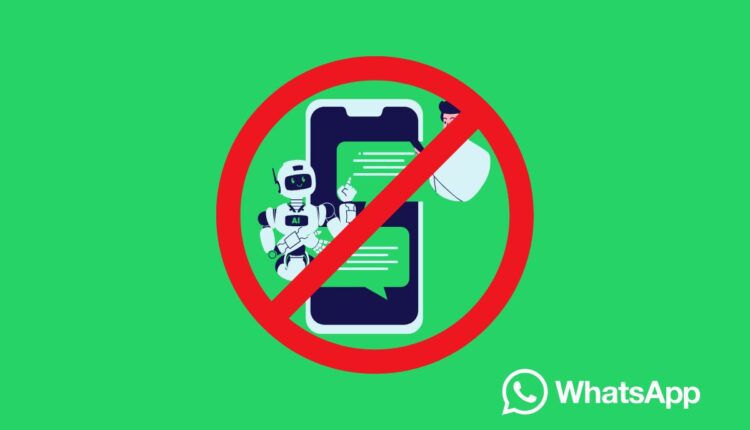Meta-owned messaging service WhatsApp has introduced new policy changes that will prohibit general-purpose chatbots from operating on its business platform. The updated terms, effective January 15, 2026, specifically target AI providers and will impact major companies including OpenAI, Perplexity, Luzia, and Poke that currently offer WhatsApp-based AI assistants.
The messaging giant has added a dedicated section addressing “AI providers” within its business API terms. This WhatsApp chatbot ban marks a significant shift in how the platform approaches artificial intelligence integration, focusing primarily on business-to-customer interactions rather than serving as a distribution channel for AI technologies.
New Policy Details Target AI Model Providers
The revised terms explicitly state that AI providers cannot access or use the WhatsApp Business Solution for distributing their technologies when AI functionality serves as the primary feature. This includes large language models, generative artificial intelligence platforms, and general-purpose AI assistants.
Meta clarified that this WhatsApp chatbot ban does not affect businesses using AI for customer service purposes. Travel companies, retailers, and other businesses employing AI-powered bots for customer support will continue operating normally on the platform.
The company explained that the Business API was originally designed for business-to-customer communication, not as a platform for chatbot distribution. Recent months saw unexpected growth in general-purpose chatbot usage, creating challenges Meta wasn’t prepared to handle.
System Burden and Revenue Concerns Drive Decision
The influx of AI assistants placed considerable strain on WhatsApp’s infrastructure due to increased message volumes. These applications required different support structures that fell outside the platform’s intended design and strategic focus.
This WhatsApp chatbot ban also addresses revenue generation concerns. The Business API represents one of WhatsApp’s primary monetization methods, charging businesses for different message templates including marketing, utility, authentication, and support communications. The current API structure lacks provisions for charging chatbot operations, creating a revenue gap.
During Meta’s first quarter 2025 earnings call, CEO Mark Zuckerberg emphasized business messaging as a crucial revenue opportunity. With WhatsApp serving over 3 billion monthly active users and growing rapidly in key markets like the United States, business messaging represents the next major pillar for company growth.
Impact on Major AI Companies and Users
Several prominent AI companies will face disruption from this policy change. OpenAI launched ChatGPT on WhatsApp last year, while Perplexity introduced its bot earlier this year to access the platform’s massive user base. Both services offered comprehensive functionality including query responses, media file analysis, voice note replies, and image generation.
The policy change means Meta AI will become the exclusive assistant available on WhatsApp, eliminating competition from third-party providers. This consolidates AI functionality under Meta’s direct control while maintaining the platform’s focus on business communication.
Companies affected by the WhatsApp chatbot ban will need to find alternative distribution channels for their AI services. The restriction applies to both direct and indirect access to the Business Solution when AI technologies serve as the primary functionality.
The new terms take effect in early 2026, giving current providers time to transition their services to alternative platforms or modify their offerings to comply with the updated policy.


